Osler General Surgery 2021 Online Review
Description
CME on Your Terms – The Osler Institute utilized state-of-the-art equipment to record our Live Virtual Webinar July 2021 comprehensive Surgery Review Course and bring it to you! These Video/Audio files are stored “in the cloud” so you can stream them anywhere, anytime, as long as you have an internet connection, watch or listen to on your phone, computer, or tablet – your learning experience is almost like being at the live activity, but without travel costs and time away from your practice. Included with each online review is a downloadable copy of the syllabus that corresponds to the Video/Audio lectures for your use while viewing or as a free-standing study or clinical practice guide.
This comprehensive review is designed to update your clinical knowledge base as well as to help you pass your General Surgery exams. Emphasis is on evidence-based medicine and board-relevant standards of care, incorporating current best practice concepts, surgical approaches, and clinical follow-up strategies. As a result, it provides a good review for your ABS written exams as well as providing a thorough general surgery review for physicians in practice. Many previous learners have found the course provided them with improved diagnostic and planning strategies, a better understanding of the best surgical approaches for the principal areas covered by general surgeons, and helped them recognize areas of weakness for self-study.
Objectives
At the conclusion of this course each participant will be able to:
- Summarize the basic science fundamentals underlying patient management as applied to general surgery.
- Describe preoperative, operative and postoperative patient care in the principle component areas of general surgery: specifically diseases of the head and neck, breast, skin and soft tissues, alimentary tract, abdomen, vascular system, endocrine system, comprehensive trauma management and emergency operations, and surgical critical care.
- Discuss the principles of and perioperative patient care in the surgical specialties of cardiothoracic surgery, pediatric surgery and transplant surgery.
- Summarize the clinical care of patients with common problems in urology, gynecology, orthopedics, and burns.
- Demonstrate an understanding of tumor staging and describe the appropriate surgical and/or nonsurgical management required.
- Discuss non-operative management options for general surgery patients which may not require surgical intervention (e.g., patients with pancreatitis, portal hypertension, immunosuppression, multiple traumas).
- Outline the appropriate use of newer diagnostic and therapeutic methods such as: laser-based applications; stereotactic breast biopsy; physiologic testing and evaluation of the GI tract; noninvasive vascular system diagnostic evaluation and invasive vascular interventional techniques; ultrasonography of the head and neck, breast and abdomen; and endorectal ultrasound.
Details : 49 Videos , 5 PDF
Only logged in customers who have purchased this product may leave a review.
Related Products
VIDEO MEDICAL
VIDEO MEDICAL
VIDEO MEDICAL
VIDEO MEDICAL
VIDEO MEDICAL
VIDEO MEDICAL
VIDEO MEDICAL
VIDEO MEDICAL
VIDEO MEDICAL
VIDEO MEDICAL
VIDEO MEDICAL
VIDEO MEDICAL
VIDEO MEDICAL
VIDEO MEDICAL
VIDEO MEDICAL
VIDEO MEDICAL
VIDEO MEDICAL
VIDEO MEDICAL
VIDEO MEDICAL
VIDEO MEDICAL
VIDEO MEDICAL
VIDEO MEDICAL
VIDEO MEDICAL
VIDEO MEDICAL






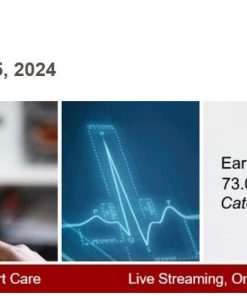


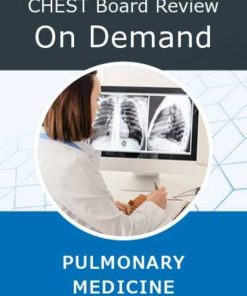
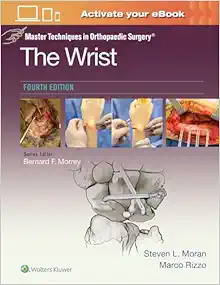
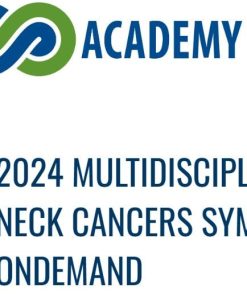

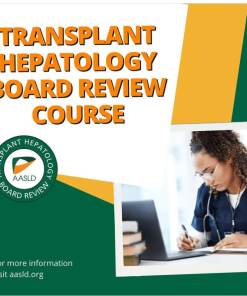

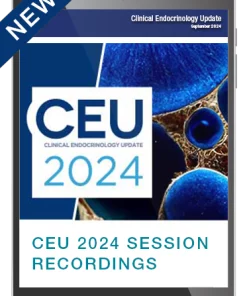
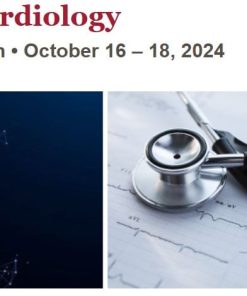
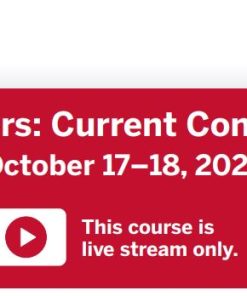
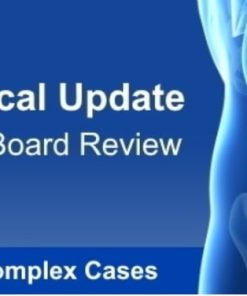


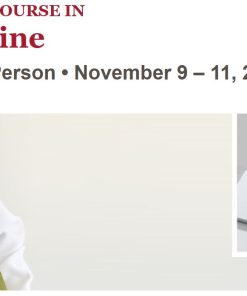





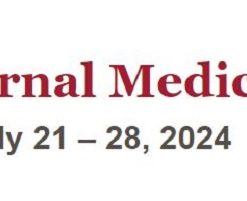
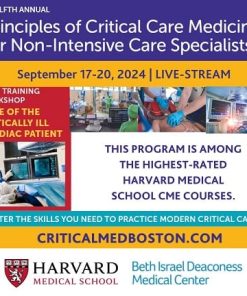








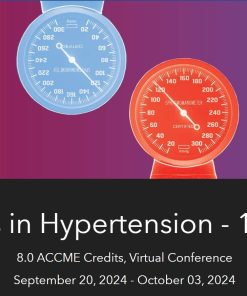








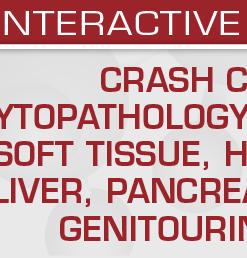



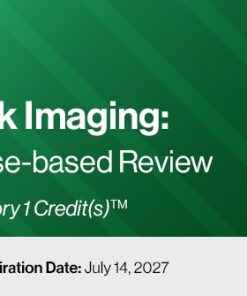



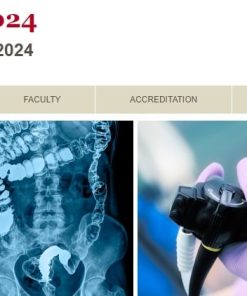

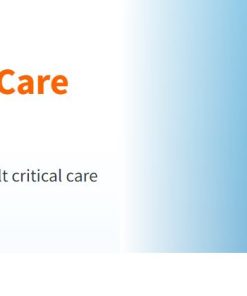


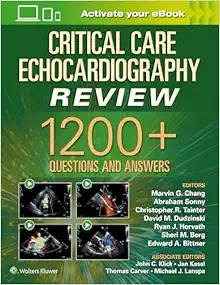
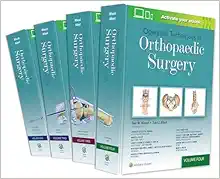




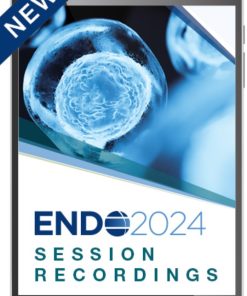



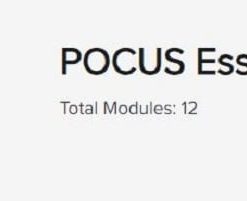



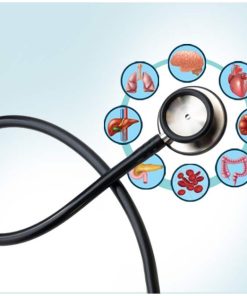
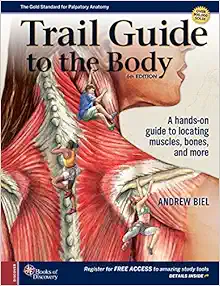

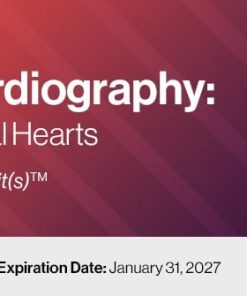


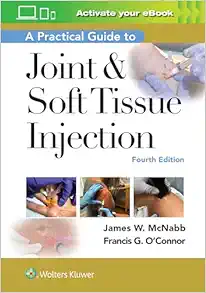
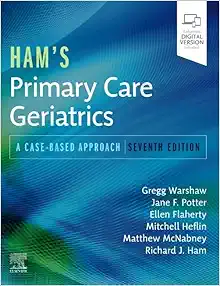
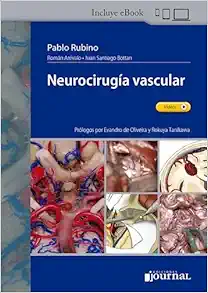
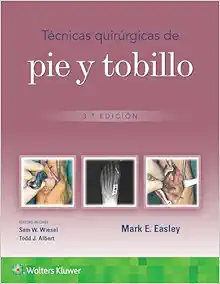
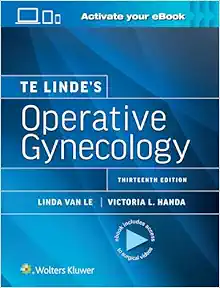



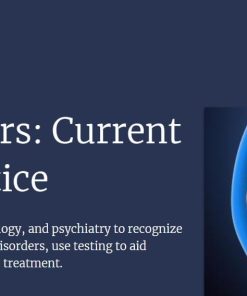
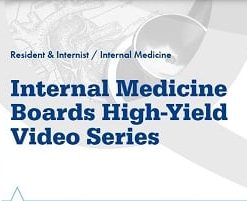









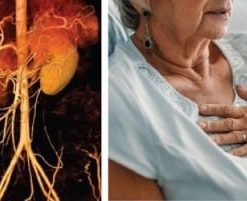


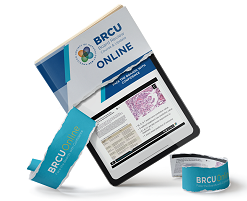
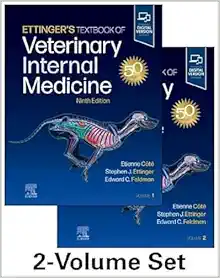
Reviews
There are no reviews yet.